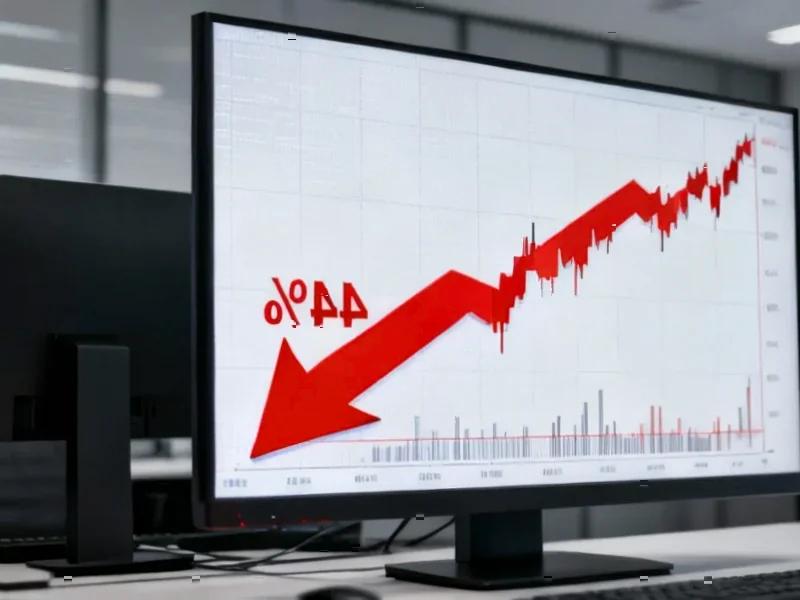According to engadget, TikTok will host its first-ever US awards show on December 18 at 9PM ET from the Hollywood Palladium in Los Angeles. The TikTok Awards will be livestreamed on the platform with categories including “Creator of the Year,” “Video of the Year,” “Breakthrough Artist of the Year,” and “Muse of the Year,” featuring nominees like Paris Hilton. Voting opens November 18 through a dedicated portal on TikTok, and the event will include traditional award show elements like a red carpet and live performances. The ceremony will also be available on Tubi the following day, marking TikTok’s expansion into established awards territory after previously hosting similar events in Germany, Mexico, and Korea. This strategic move represents TikTok’s growing ambitions in the entertainment landscape.
The Professionalization Play
TikTok’s decision to host a traditional awards ceremony with all the trappings of Hollywood legitimacy—red carpet, live audience, broadcast partner—signals a critical maturation of the creator economy. For years, social media platforms treated creator recognition as digital-only affairs, but TikTok is now borrowing the prestige architecture of established entertainment institutions. This isn’t just about celebrating creators; it’s about elevating their status to compete with traditional celebrities for brand dollars and cultural influence. The choice of the Hollywood Palladium, a venue with decades of entertainment history, deliberately bridges the gap between internet fame and mainstream recognition.
Redefining the Awards Show Format
Traditional award shows have been struggling with declining viewership and relevance for years, while TikTok has mastered engagement through its algorithm-driven discovery and participatory culture. By launching its own awards, TikTok isn’t just creating another ceremony—it’s potentially reinventing the format for a new generation. The inclusion of categories like “Muse of the Year” (whatever that means) and the nomination of internet-native personalities alongside established names like Paris Hilton shows TikTok’s understanding that cultural impact now happens outside traditional media channels. As detailed in their official announcement, this event represents a fundamental shift in how entertainment value is measured and celebrated.
The Creator Economy Financialization
Beyond the glitter and glamour, this awards show represents a sophisticated monetization strategy. By creating an annual tentpole event that celebrates top creators, TikTok strengthens its position as the essential platform for creator careers. This builds loyalty among high-value creators who might otherwise diversify across multiple platforms, and it creates new advertising inventory through the live event and subsequent Tubi broadcast. More importantly, it establishes a hierarchy of creator value that brands can reference when planning campaigns, effectively creating a tiered system that benefits TikTok’s most commercially successful partners.
What Comes Next in the Creator Wars
Looking ahead, expect other platforms to respond with their own elevated creator recognition programs. The days of simple “top creator” lists are ending, replaced by full-scale productions that mirror traditional entertainment awards. Within 18-24 months, we’ll likely see creator awards become major media properties with broadcast deals, sponsorship packages, and significant cultural cachet. The risk for TikTok lies in whether it can maintain its authentic, community-driven vibe while operating in the polished world of award shows. If successful, this could mark the beginning of TikTok’s transformation from social platform to full-fledged media company.




